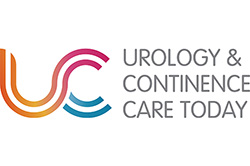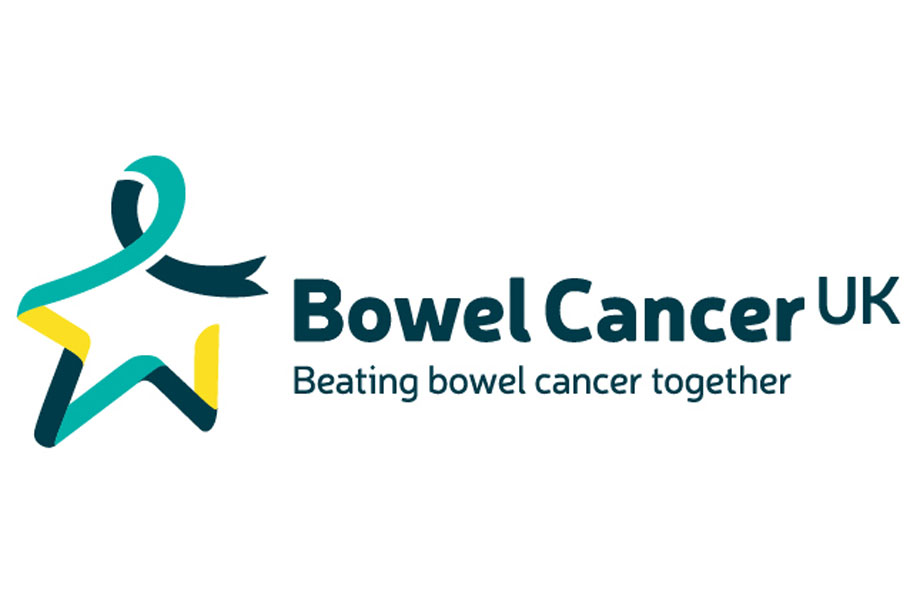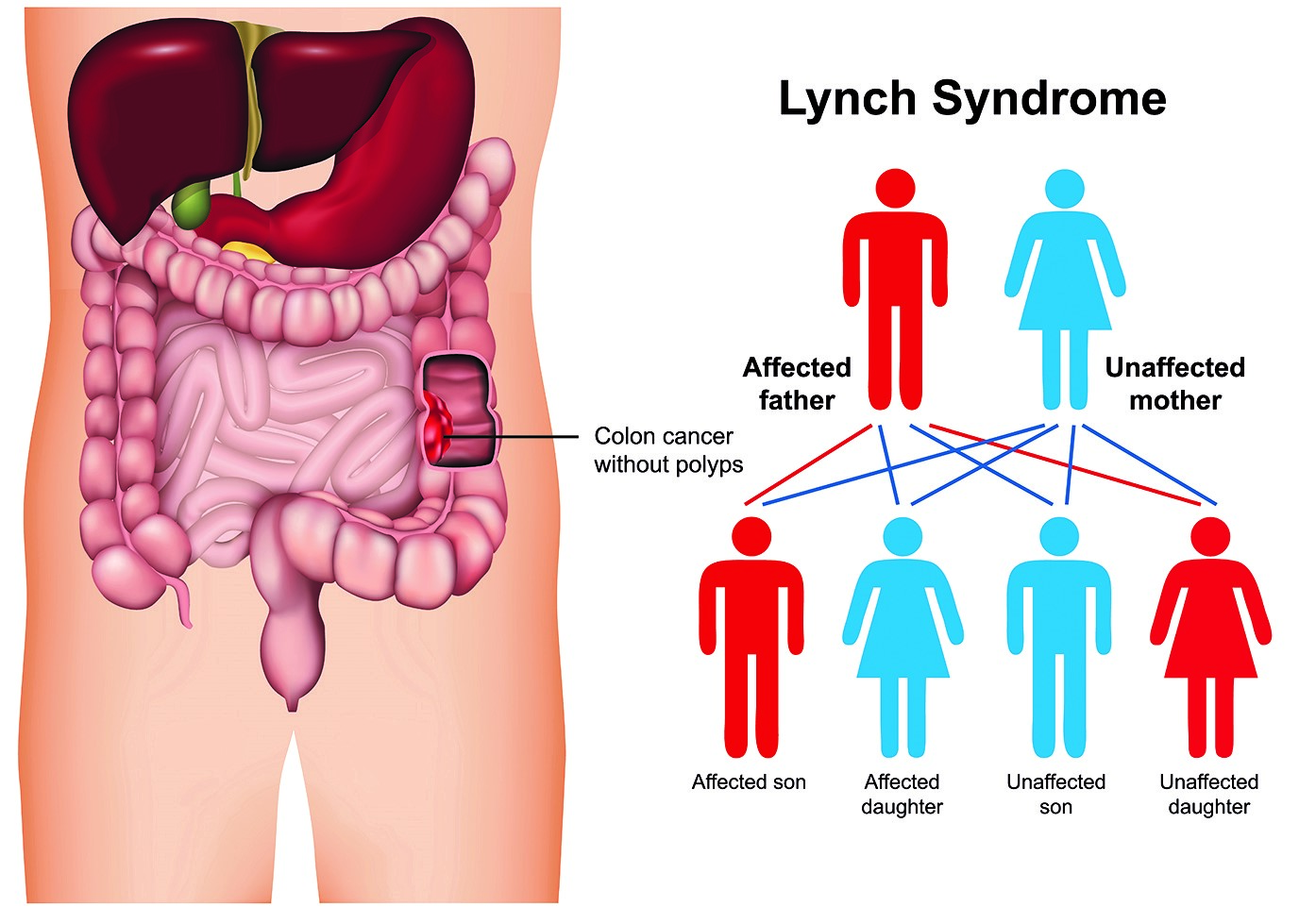References
Bowel Cancer UK (2022) Lynch syndrome. Available online: www.bowelcanceruk.org.uk/campaigning/lynch-syndrome/
Edwards P, Monahan KJ (2022) Diagnosis and management of Lynch syndrome. Frontline Gastroenterology 13: e80–e87
Muller C, Matthews L, Kupfer SS, Weiss JM (2019) Effective identification of Lynch syndrome in gastroenterology practice. Curr Treat Options Gastroenterol 17(4): 666–80
NHS England (2021) Implementing Lynch syndrome testing and surveillance. Available online: www.england.nhs.uk/publication/implementing-lynch-syndrome-testing-and-surveillance-pathways/
National Institute for Health and Care Excellence (2016) Molecular testing for Lynch syndrome in people with colorectal cancer. Available online: www.nice.org.uk/guidance/dg27/documents/diagnostics-assessment-report
National Institute for Health and Care Excellence (2017) Molecular testing strategies for Lynch syndrome in people with colorectal cancer. Diagnostics guidance [DG27]. Available online: www.nice.org.uk/guidance/dg27
National Institute for Health and Care Excellence (2020) Colorectal cancer. NICE guidelines [NG151]. Available online: www.nice.org.uk/guidance/ng151
Edwards P, Monahan KJ (2022) Diagnosis and management of Lynch syndrome. Frontline Gastroenterology 13: e80–e87
Muller C, Matthews L, Kupfer SS, Weiss JM (2019) Effective identification of Lynch syndrome in gastroenterology practice. Curr Treat Options Gastroenterol 17(4): 666–80
NHS England (2021) Implementing Lynch syndrome testing and surveillance. Available online: www.england.nhs.uk/publication/implementing-lynch-syndrome-testing-and-surveillance-pathways/
National Institute for Health and Care Excellence (2016) Molecular testing for Lynch syndrome in people with colorectal cancer. Available online: www.nice.org.uk/guidance/dg27/documents/diagnostics-assessment-report
National Institute for Health and Care Excellence (2017) Molecular testing strategies for Lynch syndrome in people with colorectal cancer. Diagnostics guidance [DG27]. Available online: www.nice.org.uk/guidance/dg27
National Institute for Health and Care Excellence (2020) Colorectal cancer. NICE guidelines [NG151]. Available online: www.nice.org.uk/guidance/ng151



